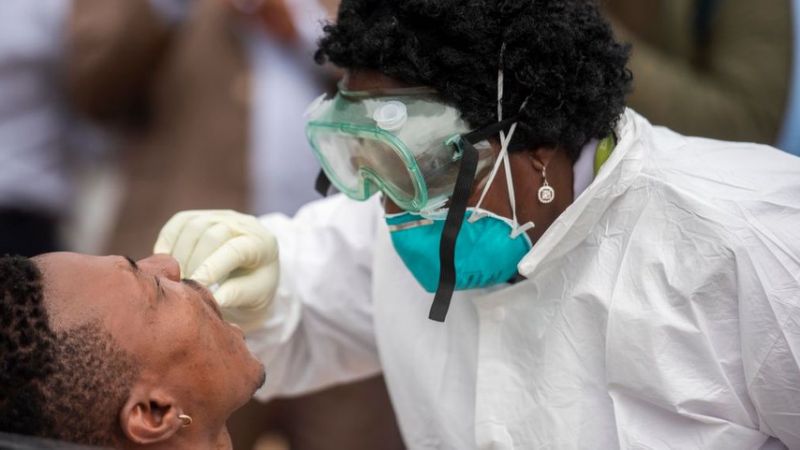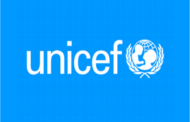One week into South Africa’s nationwide lockdown to prevent the spread of coronavirus, and it is tempting – dangerously tempting – to breathe a sigh of relief.
After all, look at how much has already been achieved. More than 47,000 people have been tested, and 67 mobile testing units have been organised.
There are even drive-through testing centres. Soon the country will be able to test 30,000 people every day. To date, only five deaths from the virus have been confirmed. About 1,400 have tested positive for Covid-19.
‘Formidable leadership’
South Africa seems to have acted faster, more efficiently, and more ruthlessly than many other countries around the world.
Heading the fight here against Covid-19, President Cyril Ramaphosa has emerged as a formidable leader – composed, compassionate, but seized by the urgency of the moment and wasting no time in imposing tough restrictive steps and galvanising crucial support from the private sector.
And one rung below the president, Health Minister Zweli Mkhize has likewise garnered near universal praise for his no-nonsense, energetic performance, and his sober, deeply knowledgeable, daily briefings.
Of course, there have been mistakes, and worse. The police and army have, at times, acted with thuggish abandon in their attempts to enforce the three-week-long lockdown, humiliating, beating, and even shooting civilians on the streets of the commercial capital, Johannesburg, and elsewhere.
There has been confusion about some of the regulations, clumsy messaging and U-turns from some of the country’s less impressive ministers.
Above all, there has been the struggle to impose social distancing and effective hygiene in South Africa’s poorest, most crowded neighbourhoods, where many fear the virus could yet wreak havoc.
But overall, as South Africans mark their first week under one of the strictest lockdowns introduced anywhere in the world – no jogging outside, no sales of alcohol or cigarettes, no dog-walking, no leaving home except for essential trips and prison or heavy fines for law-breaking – there is an argument to be made that a government so often attacked as corrupt and inefficient, and a private sector so often seen as aloof and greedy, are rising to meet what is widely anticipated to be the greatest challenge this young democracy has ever seen.
It is fitting that the man now loudly warning the nation against any hint of complacency – indeed about the profound dangers of such complacency – is the health minister himself.
“What we may currently be experiencing is the calm before a heavy and devastating storm,” said Dr Mkhize, gravely, at Wednesday’s official launch of a new batch of mobile laboratories.
“Unless we move fast we will soon be swarmed. There will therefore be no further warning before the pounding descends upon us.
“There will not be time to prepare what we will not have put in place in the next seven days,” Dr Mkhize said, noting that the virus has already begun to spread inside the country and that “we don’t as yet have a true picture of the size of the problem”.
In other words, for all South Africa’s impressive early steps, the real battle lies ahead and the real test of the country’s health system has yet to begin.
By Andrew Harding – Africa correspondent, BBC












